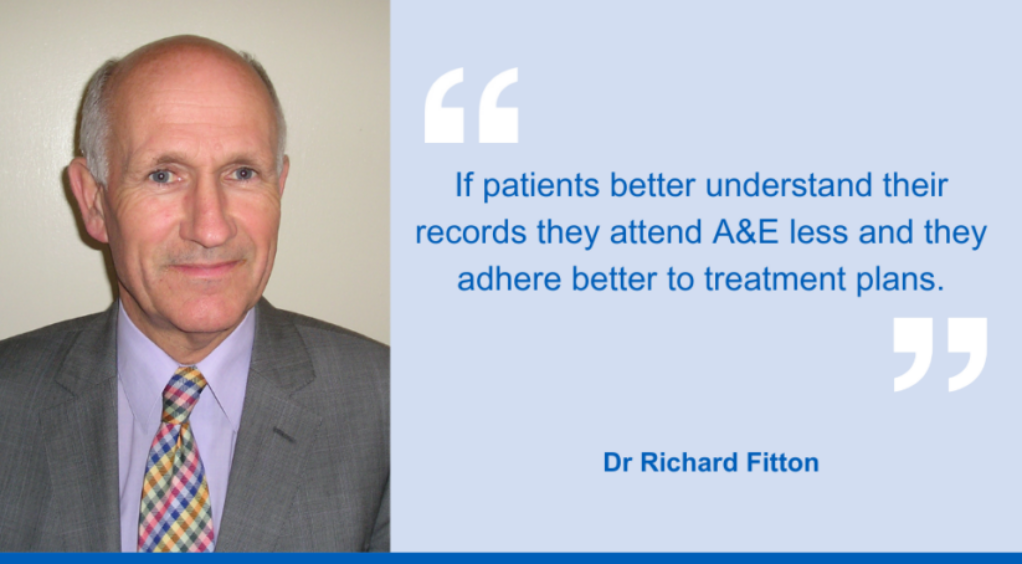Derbyshire doctor’s part in global patient safety charter
Worldwide guidance on patient safety is being implemented – with the support of a former GP from Derbyshire.
Dr Richard Fitton, who worked for 35 years at what is now Manor House Surgery in Hadfield, supported the World Health Organization in drawing up its Patient safety rights charter.
He moderated a group of 10 experts on the subject of patient access to medical records during a two day conference in Geneva in September 2023.
The text developed by the group formed one of 10 rights of patients contained in the WHO’s charter, published in April this year.
Dr Fitton, aged 73, stepped down as a GP partner eight years ago, but he has continued with his passion for improving patient safety.
He said: “Many patient records have errors or omissions in them. That can lead to harm when a patient is treated, so it’s really important that those errors are identified and corrected.
“The patients themselves are in the best position to do this because they will know what conditions they have and what treatments they are having.
“I’ve estimated that I did around 200,000 patient consultations during my career. As part of those 10 minute appointments I would have to try to explain and educate the patient about their condition. There simply isn’t time to do this.
“But if patients better understand their records they attend A&E less and they adhere better to treatment plans.”
The working group that developed the WHO Patient Safety Charter took into account patient stories of how they had avoided harm because they were able to correct mistakes in their records.
Testimonials from these case studies included:
- Margaret, who said: It puts me in control rather than the doctors. You feel like a person, not a piece of paper or a number.”
- Oliver, who said: “I feel a better level of care with less contact with the surgery.”
- Yvonne, who said: “I went into my records to check a letter from my consultant. The name, address and age were correct but the body of the letter was about someone else. Despite a very unusual last name there were two patients with the same name. The GP surgery had filed a letter in the wrong notes.”
- Ingrid, who said: “Having access to my information online helps me to manage my complex health situation.”
- Cheryl, who said: “I showed the doctors my records and results on-lin. No tests had to be repeated and we could move forward in finding answers to the issues I was having.”
The WHO right to access to medical records states:
“Patients have the right to access or obtain a copy of their records in a usable and an understandable format.
“This includes both physical and electronic records that are accurate and up to date.
“Patients are entitled to request corrections to factual inaccuracies and control the use of their information.
“A patient may designate a representative to access or obtain their records.
“Patients also have the right to easily transfer their medical records when seeking second opinions or changing health care facilities.
“Patients are entitled to expect that their health information is kept secure and that access to this information is restricted to those directly involved in their care.
“Patients have the right to exercise their data protection rights, including understanding how their data are being used, shared and stored.
“They are entitled to be informed about any automated decision-making and associated risks involving their data, particularly in the context of telehealth, telecare, and the use of AI in health care.
“Robust security measures must be put in place to protect patient records from breaches or cyberattacks.”

